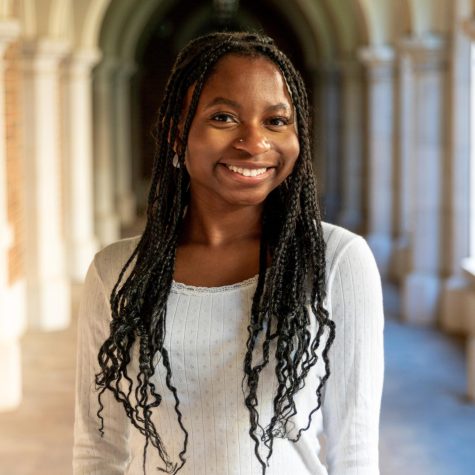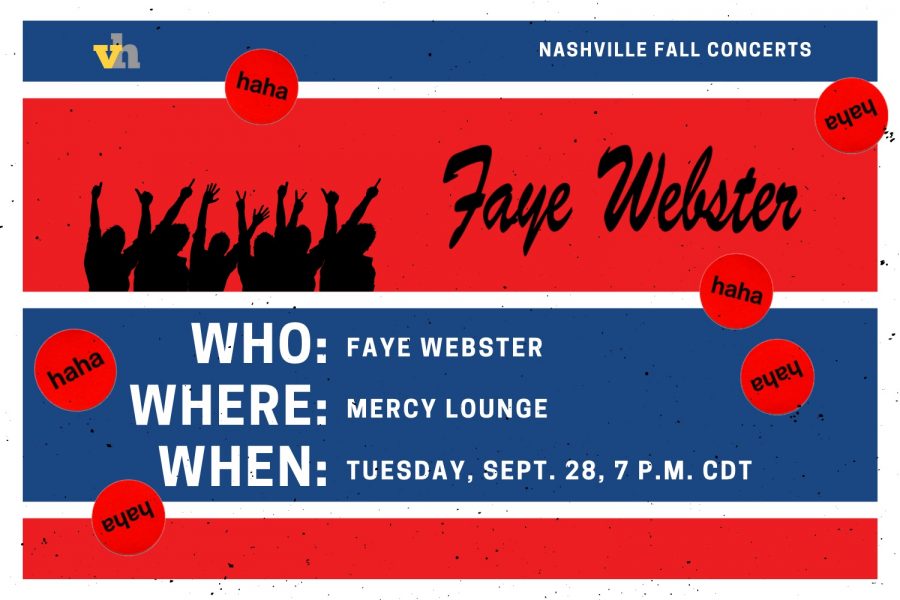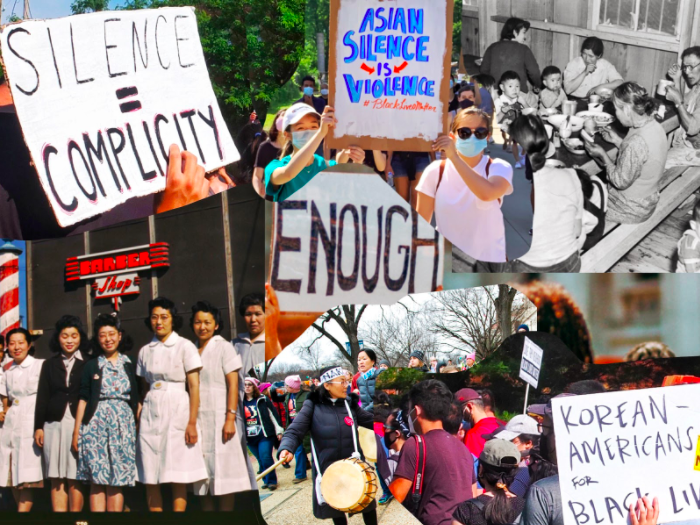The Uncanny Valley is a phenomenon explored in technology described as a “negative reaction to certain lifelike robots” per an article by Rina Caballar that cites Masahiro Mori as the originator of the term. Further analysis of the term has rested on the comparison between the real and the non-real in automation. At the heart of this comparison there appears a core distinction: the presence of a reality that is almost real, save for an inexplicable element that is slightly off, not dissimilar to a face that is too symmetrical or an unnervingly perfect day. That degree of discomfort in a constructed reality has also been associated with attempts at creating “realistic” images of humans. Early tests of the “Final Fantasy” film, for instance, were rejected because audiences found its hyper-realistic animation “disturbing.”
This idea of an Uncanny Valley came to me via a conversation with a friend about a TV show that we’d gathered to watch. “Atlanta,” a TV series on FX starring Donald Glover, Lakeith Stanfield and Zazie Beetz explores their characters’ incredulous realities in the titular city—among other cities—within the show’s peculiar world. I was initially drawn to “Atlanta” due to its star-studded cast. Upon watching, though, I was increasingly drawn in by its off-kilter analysis of social issues in America, from a 21st-century Black perspective.
A recurring element that makes “Atlanta” so memorable is the distinctive feeling that something is off. Similar to the concept of an Uncanny Valley, routinely mundane depictions of reality often feature heightened senses of anxiety and dread, which gets at the heart of the show: the examination of how how white supremacist structures render Black reality not quite normal. “Atlanta” forces its audience to face the uncomfortability of living amongst white society.
The idea of an Uncanny Valley exists in the real-life interactions between white and Black people, but is now more explicitly depicted in the media because of the popularity of shows like “Atlanta” and movies like “Get Out.” Though these TV shows dramatize the interactions between Black and white people, they shed a light on interactions that can escalate to horror movie-esque experiences.
Real Life Parallels
“Three Slaps,” the first episode of the show’s third season, gets to the core of this horror narrative. The episode starts with a little boy named Loquareus, and his mother, who scolds him for dancing on tables. After being removed from the classroom following a misunderstanding with a white teacher, the infamous “three slaps” occur when Loquareus’ mother slaps him three times in the hallway, while a social worker bears witness. The situation escalates, leading to the social workers being called to Loquareus’ house, and eventually, to him being removed from the house and adopted by an abusive white lesbian couple. The episode parallels the real-life experience of six children who were adopted by a white lesbian couple. The children and the couple were viewed as symbols for racial equality, appearing at social justice and Black Lives Matter rallies. The disturbing truth of the couple’s abuse was revealed after they killed all six children in an intentional car crash.
Seeing this real life story fictionalized through the perspective of Loquareus illustrates the eeriness of neutral white suburbia. The episode is littered with moments of white people misunderstanding cultural differences between Black and white communities. There are also moments of disbelief as Loquareus begs for someone to recognize his suffering at the hands of the couple, but is ignored. The Uncanny Valley is seen again; the picturesque image of a white couple adopting Black children plays into reductionist ideas of social justice. However, Black viewers immediately recognize the deconstruction of this savior narrative.
Hyperbole of Blackness
The concept of the Uncanny Valley is explored in the show via surreal situations that highlight truths about the Black experience. The show hyperbolizes real discussions that are occuring today regarding ‘who is black’ and ‘what qualifies as a black space’ to highlight their absurdity. People try to compare or quantify their level of Blackness in increasingly ridiculous ways.This intra-community discussion also falls into the Uncanny Valley narrative, which Atlanta points out through “Rich Wigga, Poor Wigga”.
“Rich Wigga, Poor Wigga,” the ninth episode of the show’s third season, is a stark representation of the “offness” encircling conversations around blackness. The episode starts with Aaron, a white-passing character with a mixed background, rattling the n-word in a conversation with friends about his frustration over his inability to afford the college he wants to attend with his girlfriend. While he’s making the decision about whether or not to enroll, a mysterious benefactor decides to award every Black student a free scholarship to the school of their choice, as long as they can prove that they are “Black enough.” The show literalizes the idea of quantifying different levels of blackness, highlighting the absurdity of these conversations when they occur in real life.
In the gym where Aaron’s “Blackness” is to be judged, three ominous figures are revealed, sitting behind a table staring down at him. Immediately, the figure of Kevin Samuels, the outspoken Black internet personality, is recognizable; he’s toting a cigarette as smoke tendrils fall, clouding the background of the screen, and Aaron faces his impending judgment.
Multiple forms of an Uncanny Valley moment set in. The ironic content of the questions being asked to test blackness (“Name six things that mix with Hennessy”) is inherently hilarious.
The idea of questions being posed at a white-passing teenager to assess his degree of Blackness parallels? authenticity-testing of blackness in real life. This commentary satirizes the endless debate that occurs Black communities, despite the obvious nature of blackness to oneself and others.
The Uncanny Valley metaphor feels relevant in describing this phenomenon, because of the show’s subtle methods of pointing out where the conversation around ‘Blackness’ becomes unproductive and circular. As a Black viewer, I knew what blackness was—and what it wasn’t. I could tell when emulations of blackness seemed robotic—or even fake. Why was there a need to question this?
There’s irony in Kevin Samuels being the one to host a conversation surrounding Blackness. Though the idea of anyone judging blackness is undoubtedly ironic, Kevin Samuels’ real-life reputation for cultivating a base of sycophants obsessed with judging black women made the role feel strange. Though “Atlanta” succeeded in bringing awareness to the circular conversations surrounding “who is Black,” having Kevin Samuels as the face of this judgment in the show further draws attention to how unrealistic standards of masculinity and blackness can create real harm, whether the show intended to or not.
“Atlanta” highlights the contradictions of the Black experience, and the moments in which it feels maddening. For example, there are episodes that poke fun at hustle culture within (but not exclusive to) the Black community. Some notable episodes that explore this theme are “The Big Payback” which explores a hyperbolized version of reparations instituted in the U.S., and “North of the Border” which explores Alfred and Earn’s experience stumbling upon a racist fraternity.
Though the Uncanny Valley metaphors still continue to ring throughout the series, episodes like these show the importance of perspective when looking at the valley.
The “Big Payback” is told from the perspective of a white man who believes he’ll be subjected to some alternate future where white people are enslaved when reparations are finally achieved. This does not resemble any form of reality, but plays into alt-right QAnon fears of what would happen should economic restitution for slavery actually be explored. In “North of the Border,” however, no white people at the college appear to mind the obvious presence of confederate flags, creating an aura of discomfort for long-time friends Earn, Darius and Alfred. Of course, Earn and Alfred act at ease despite their discomfort, continuing casual conversation – because even when Black people are faced with the overt racist symbols, they are forced to continue as normal. Perspective matters. Which is scarier: the potential reality in which white people become “slaves” as a consequence of being descendants of enslavers, or the very real banners of secessionists casually appearing in colleges, cities and homes across America. Traversing this Uncanny Valley means that Black people feel pressured to get over the constant “offness” of being in a space where white supremacist symbols are displayed and and must deal with the discomfort of the situation, highlighting real-life circumstances Black people face. Many of the themes like the confederacy’s presence in day to day life, as well as unexpected experiences with racism, still happen today.
Reflecting on “Atlanta”, the Uncanny Valley becomes less a theoretical concept, but instead a frame for the everyday interactions that Black people face each day. The show points out that millions of people are forced to deal with surreal social situations, arguments that sometimes feel so strange that they feel like an alternate reality. Through its whiplash jumps in narratives, “Atlanta” seeks to force the audience to reckon with the “normal” reality they live in may not be as simple as it seems.






